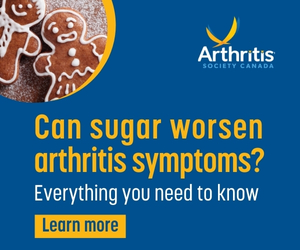Why do adults need vaccines?
Vaccines are not only for kids. Even as an adult, being up-to-date with your vaccines is a safe and effective way of avoiding illness from vaccine-preventable diseases, some of which you might become more vulnerable to as you age. Not only do vaccines protect you, but they help to prevent the spread of disease to those around you. This is especially true for individuals who are at a higher risk of getting vaccine-preventable diseases but are unable to receive certain adult vaccines, such as:
- babies and children
- people with a weakened immune system
- pregnant women
You may also need additional vaccines as an adult if you:
- never received them as a child and need to catch up
- are pregnant or trying to get pregnant
- need a booster shot to increase the protection from a vaccine you had a while ago
- need protection against diseases that are more common in adults
- need protection against diseases when travelling to other countries
If you are not sure whether you are up-to-date with your vaccines, talk to your health care provider.
Schedule for adult vaccines
The type and number of vaccinations needed can vary from person to person. Your health care provider can determine which vaccines you may need and when it is best to get them.
Your health care provider may recommend a vaccine based on your:
- age
- medical history
- pregnancy status
- occupational or lifestyle risks
- travel plans
- vaccine history
The following is a list of vaccine-preventable diseases, including information on when you should be vaccinated against them during adulthood:
Vaccine-Preventable Diseases |
Who should be vaccinated and when? |
Diphtheria |
|
Hepatitis A |
|
Hepatitis B |
|
Herpes Zoster (shingles) |
|
Human papillomavirus (HPV) |
|
Influenza (flu) |
|
Measles |
|
Meningococcal |
|
Mumps |
|
Pertussis (whooping cough) |
|
Pneumococcal |
|
Rubella (German measles) |
|
Tetanus (lockjaw) |
|
Travel vaccines |
|
Varicella (chickenpox) |
|
You should review your immunization status on a regular basis. If you think you may need a certain vaccine, you can contact your health care provider for more information. By keeping up-to-date with your vaccines, you can protect yourself and the people around you.
All material copyright MediResource Inc. 1996 – 2024. Terms and conditions of use. The contents herein are for informational purposes only. Always seek the advice of your physician or other qualified health provider with any questions you may have regarding a medical condition. Source: www.medbroadcast.com/healthfeature/gethealthfeature/Staying-Up-to-Date-with-Your-Adult-Vaccinations

